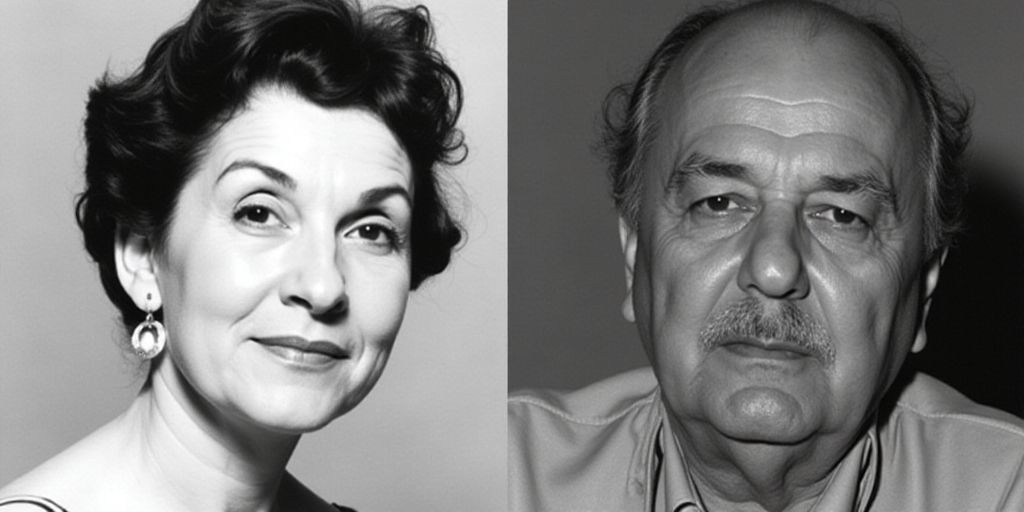Introduction
The Mexican Secretariat of Culture, through the INBAL, paid tribute to Chiapas-born author Rosario Castellanos at the Palacio de Bella Artes, marking the centennial of her birth. The event featured a panel discussion titled “Rosario Castellanos: Woman of Words and Gazes,” attended by writers Elena Poniatowska, Sara Uribe, and Leticia Bonifaz, moderated by Diana del Ángel.
Rosario Castellanos: A Self-Deprecating Genius
Elena Poniatowska, the first to speak, praised Castellanos for her self-deprecation and preference to share her mistakes rather than her successes. Poniatowska highlighted Castellanos’ modest approach to life, stating that her humility was both a strength and a challenge.
She saw the pervasive misogyny
Leticia Bonifaz, second to speak, discussed Castellanos’ childhood in Comitán de Domínguez, Chiapas. Bonifaz explained how Castellanos understood the foundations of misogyny and racism, recognizing these oppressive systems in daily activities and relationships. She emphasized Castellanos’ desire to expose these issues in her native Chiapas through her literature.
Castellanos’ Existential Awareness and Feminism
Sara Uribe, Castellanos’ biographer, described her as having “hyperconscious existence.” Uribe explained how Castellanos’ poetry served as a mirror, reflecting her feelings about the world and addressing themes of loss, fleeting life, and unrequited love. She also clarified the misconception that Castellanos was not a feminist, stating that while she initially resisted the label, Castellanos eventually embraced feminism in her later years.
Castellanos’ Literary Contributions
Novels:
- “Ciudad real” (1960)
- “Los convidados de agosto” (1964)
- “Álbum de familia” (1971)
Poetry:
- “Trayectoria del polvo” (1948)
- “De la vigilia estéril” (1950)
- “Lívida luz” (1960)
Essays:
- “Sobre cultura femenina” (1950)
- “Mujer que sabe latín…”
Castellanos’ Feminist Legacy
Claudia Curiel de Icaza, the federal Secretary of Culture, spoke about Castellanos’ reluctance to be labeled a feminist or indigenous advocate. Curiel de Icaza emphasized that Castellanos’ literature intertwined these themes, addressing gender inequality in work, education, and domestic responsibilities. She also noted Castellanos’ groundbreaking critique of gender stereotypes and self-indulgence among women, urging women to take responsibility for their lives and fight for their rights.
Key Questions and Answers
- Q: Was Rosario Castellanos a feminist? A: Initially, she resisted the label but later embraced feminism, critiquing gender stereotypes and advocating for women’s rights.
- Q: What themes did Castellanos explore in her literature? A: She addressed misogyny, racism, and gender inequality, as well as themes of loss, fleeting life, and unrequited love.
- Q: How did Castellanos’ childhood experiences shape her writing? A: Growing up in Chiapas, she became aware of misogyny and racism, which she later explored in her literature.






